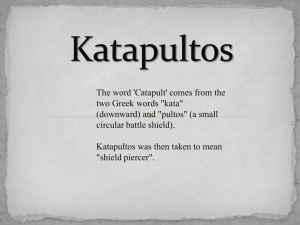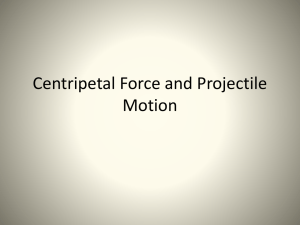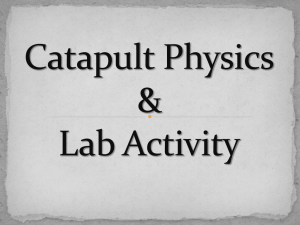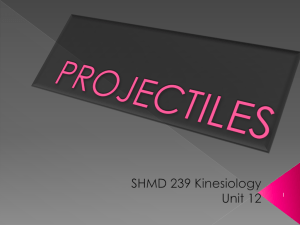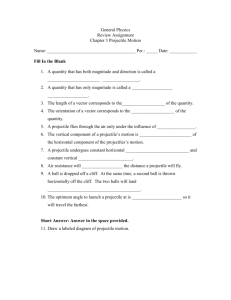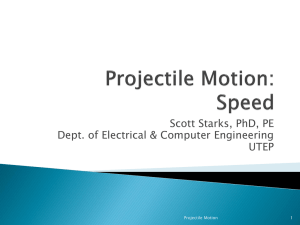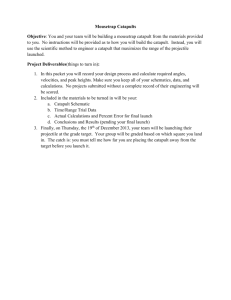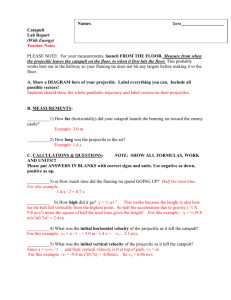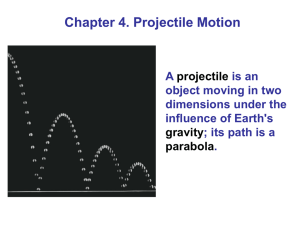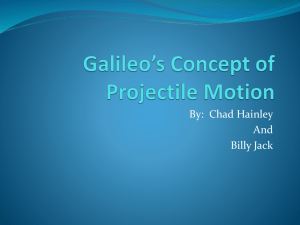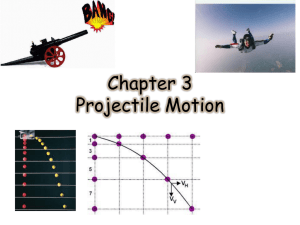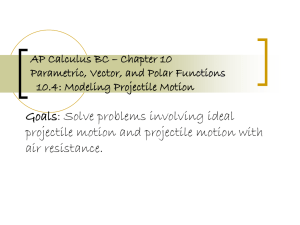Catapult Presentation_MiddSchool_Animated
advertisement
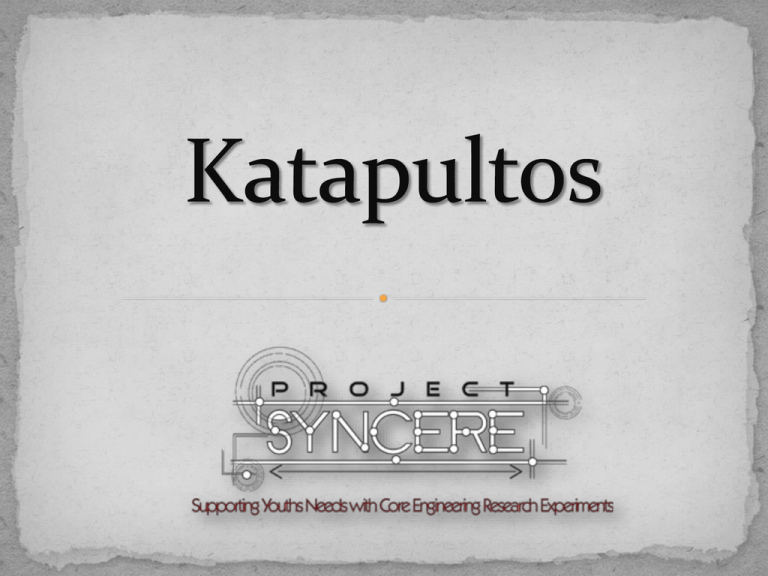
• A catapult is any kind of device that shoots or launches a projectile by mechanical means, a great distance without the aid of explosive devices. • The word 'Catapult' comes from the two Greek words "kata" (downward) and "pultos" (a small circular battle shield). • Katapultos was then taken to mean "shield piercer". And 2 sub categories of catapults Similar to a giant crossbow. Tension powered. Launched darts. Comes from the Greek word “Ballistes”, which means “to throw”. Subcategory of the Ballista. Meant to fire darts from inside fortress walls. Torsion powered. Hurled objects from a cup on an arm. 1,300 foot range. Capabilities in between a Bastilla and a Trebuchet. From the Latin word “manganon”, meaning “an engine of war”. Torsion powered. Hurled objects from a cup on an arm. 1,300 foot range. Capabilities in between a Bastilla and a Trebuchet. From the Latin word “manganon”, meaning “an engine of war”. Early basis for the Mangonel. Originally used a sling, which was later changed to the bucket used for the Mangonel Gravity powered sling. Comes from the French word “Trebucher ” meaning “throw over”. What is a catapult? List 3 types of catapults: • Force (F): strength or power applied upon an object. F = mass * acceleration • Mass (m): the quantity of matter (atoms/particles) in the object • Gravity (g): the FORCE of attraction by which bodies tend to fall toward the center CAR 1 CAR 2 CAR 3 • Velocity (v): how far you go over a set amount of time (v = distance/time) • Acceleration (a): “speeding up” • Tension: the state of being stretched or strained. (left) • Angles (θ): the space within two lines (right) • Projectile motion • refers to the motion of an object projected into the air at an angle. Soccer Player Long Jumper Gravity is necessary to make a Without Gravity VS. With Gravity projectile land back on the ground. The launching force and angle along with the mass of the object help determine how far and how high the projectile will fly 3. What are 3 factors that will affect the distance the projectile travels? 4. Describe how an object’s mass will change the projectile’s distance traveled? An object of the same mass and same angle is thrown faster and faster each time Answer Question 5 6. Describe how tension affects the projectile motion? 7. Does mass effect velocity? Why or why not? 8. How are mass, velocity, and projectile motion related? Client: Project SYNCERE Consultants hired engineers from <SCHOOL NAME>’s Project SYNCERE class, to build a model catapult to demonstrate how projectile motion can be useful for the University of Chicago’s new tennis court facilities. Objective: The catapult must launch the object from a set location, so that it lands in the bucket every time. Dimensions: Your catapult must be at least 4.5” X 4.5” X 4.5” and no more than 6.75” X 6.75” X 6.75” Design/Construction: PS consultants MUST approve your written design before you will be allowed to receive materials Data: Data tables have been provided to you, to assist in your test trials What angle will you use to shoot your projectile? What will create a force to launch the projectile? What is the mass of the object being launched?
